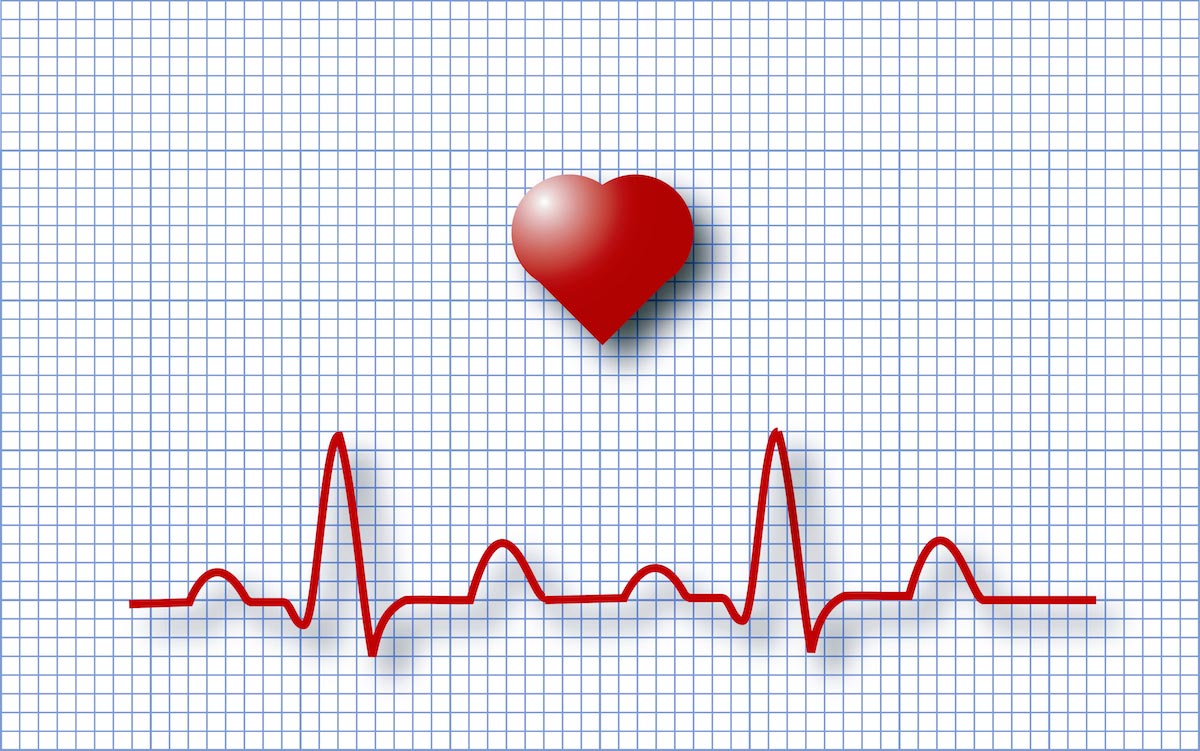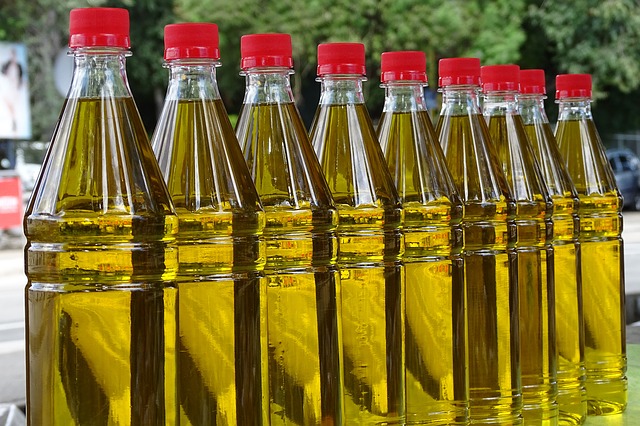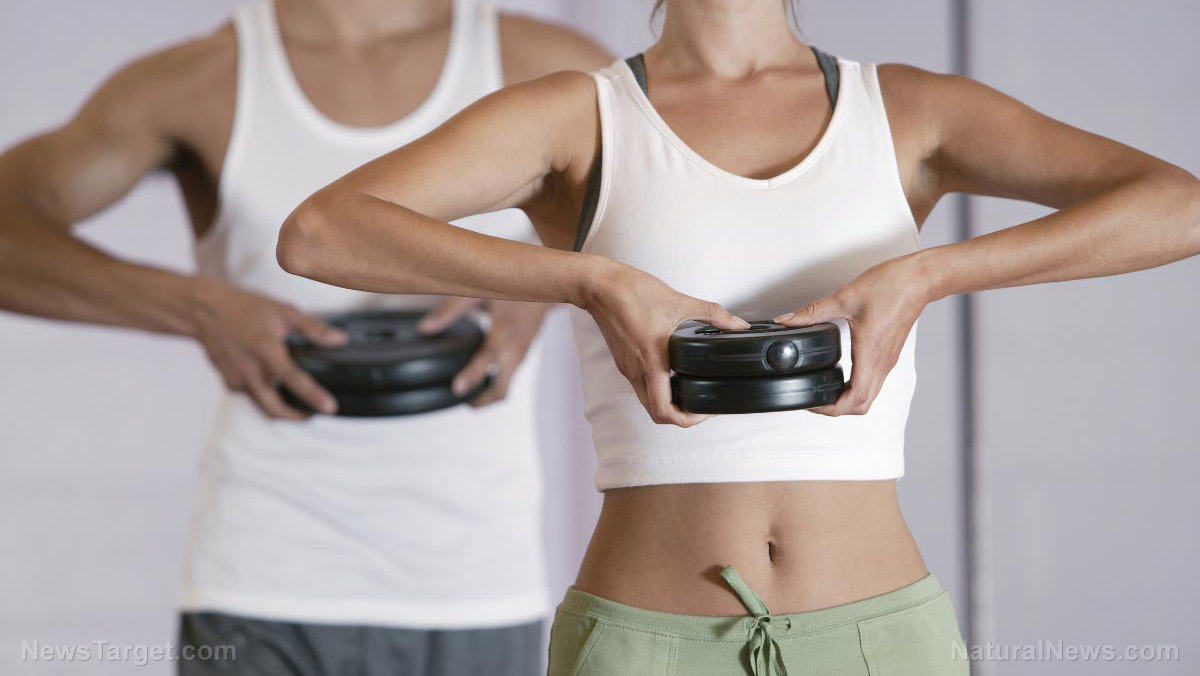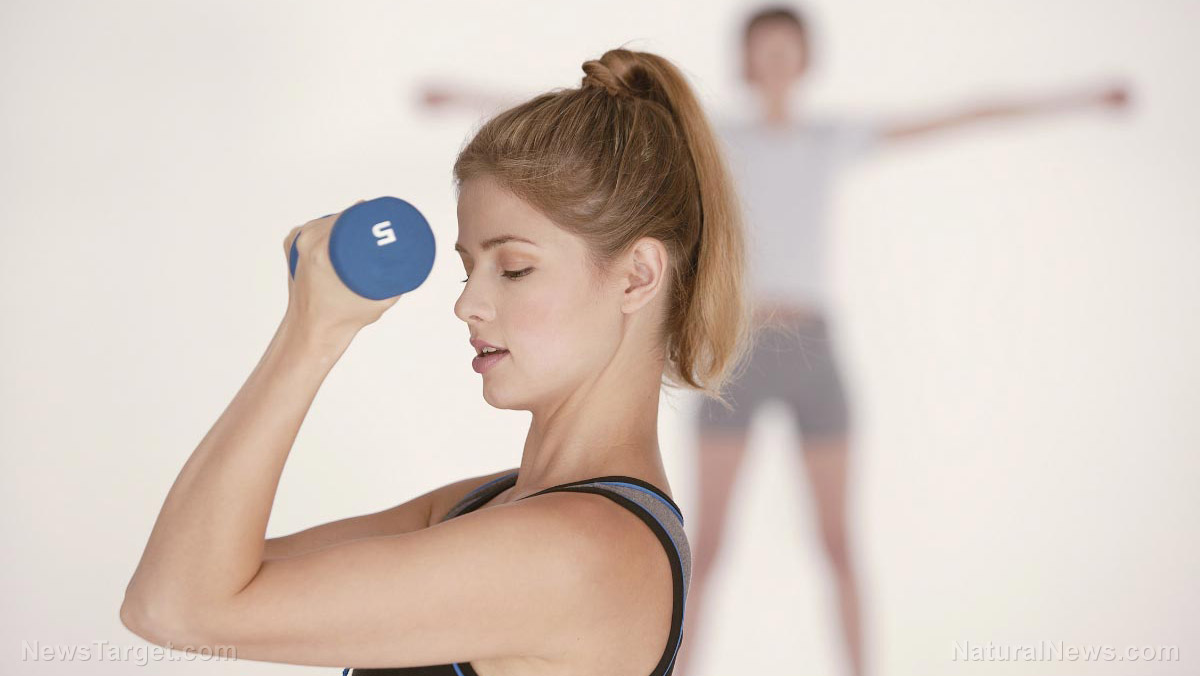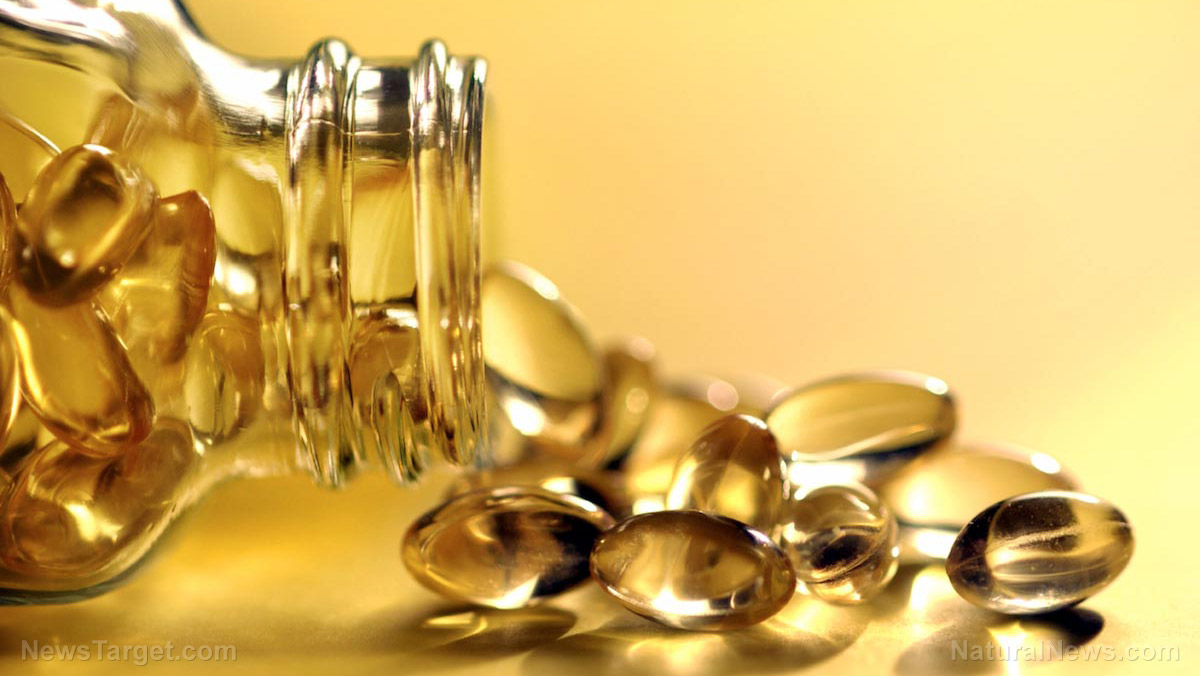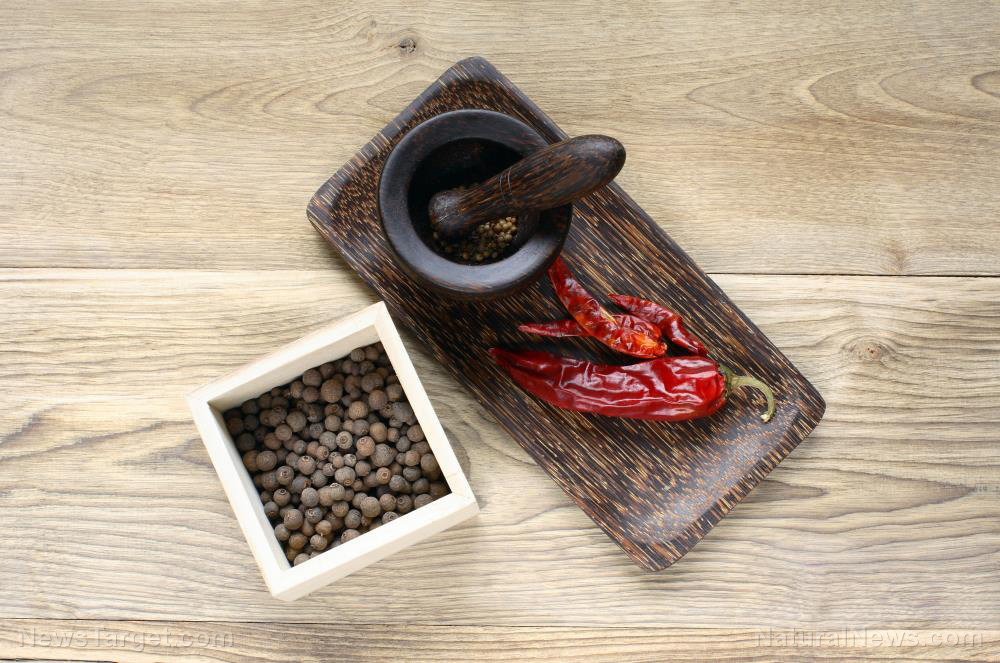Exposure to blue light decreases blood pressure, new study suggests
02/28/2019 / By Edsel Cook

Changing out some of your bright white light bulbs for their blue-colored equivalents could improve your cardiovascular health. European researchers explained that exposing yourself to blue light over long periods of time could bring your blood pressure down to healthier levels, which could help to prevent the onset of heart and vascular diseases.
They recently concluded an experiment that showed blue light encouraged the skin to release nitric oxide. A natural molecule that brings beneficial effects on the body, this gas improves the state of the blood vessels, thereby improving circulation.
Nitric oxide is also produced when ultraviolet light hits the skin. However, unlike visible light, UV light can increase the risk of cancerous growth on the skin.
Researchers at the University of Surrey and Heinrich Heine University Dusseldorf (HHU) investigated the possibility of reproducing the benefits of UV light without its drawbacks. They tested the different wavelengths of visible light that corresponded with colors in order to see which frequency stimulated nitric oxide production.
They found that blue light (whose wavelength measured from 450 to 490 nanometers) achieved the same effect as UV light without the harmful side effect. They shared their findings in the European Journal of Preventative Cardiology. (Related: Evening bright light exposure can cause your blood sugar levels to spike.)
Blue light is just as good as pharma drugs at lowering blood pressure
In the recently published study, volunteers underwent 30 minutes of full body exposure to blue light with a wavelength of 450 nanometers. The blue light absorbed during this half-hour period matched the amount of sunlight received by a person on an everyday basis.
On a later day, the participants repeated the exposure session. This time, they were exposed to ordinary light generated by a standard light bulb.
The Surrey and HHU researchers analyzed the blood pressure, arterial stiffness, the dilation of the blood vessels, and the concentration of nitric oxide stores in the blood of the patients. The measurements were performed before, during, and two hours after the patients underwent treatment.
They reported that patients who bathed their entire bodies in blue light experienced reductions in systolic blood pressure compared to exposure to normal light. The 8 mmHg (millimeters of mercury)-decrease matched the effects of pharmaceutical drugs designed to lower blood pressure.
Other aspects of cardiovascular health also benefited from exposing the whole body to blue light. The blood vessels were shown to dilate wider while the big arteries demonstrated reduced levels of stiffness.
For better cardiovascular health, soak up as much blue light as possible
In addition, the British and German researchers noted that blue light exposure increased the amounts of nitric oxide in the bloodstream. They theorized that blue light in the 450-nanometer wavelength is similar enough to ultraviolet light (whose longest wavelength measures 400 nanometers) to trigger the same nitric oxide-releasing effect.
The cardiovascular system uses nitric oxide as a signaling molecule. The gas signals the blood vessels to relax, thus making more room for blood to pass through. Because blood now moves through the blood vessels more easily, the blood pressure also goes down.
Christian Heiss, a Surrey researcher who served as one of the authors of this paper, believed that blue light could offer a more natural way of stopping the onset of cardiovascular diseases like hypertension.
“Exposure to blue light provides an innovative method to precisely control blood pressure without drugs,” he said. “Wearable blue light sources could make continued exposure to light possible and practical.”
Heiss noted how old people are often contraindicated for the use of blood pressure lowering drugs due to their age. Blue light could offer a way to manage blood pressure without using drugs.
Sources include:
Tagged Under: blue light, cardiovascular disease prevention, cardiovascular protection, healthy lighting, high blood pressure, hypertension, light exposure, nitric oxide, prevent heart disease

